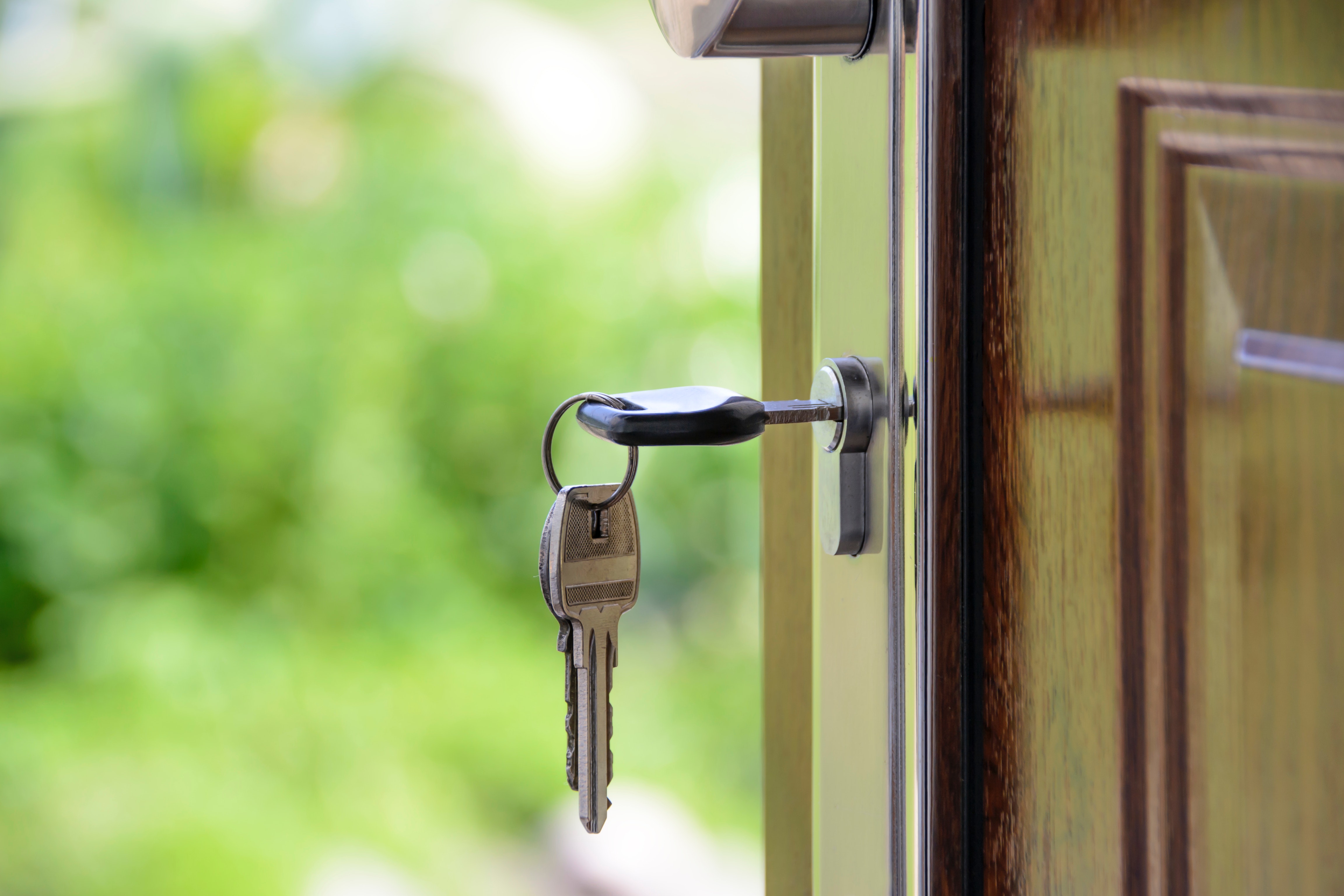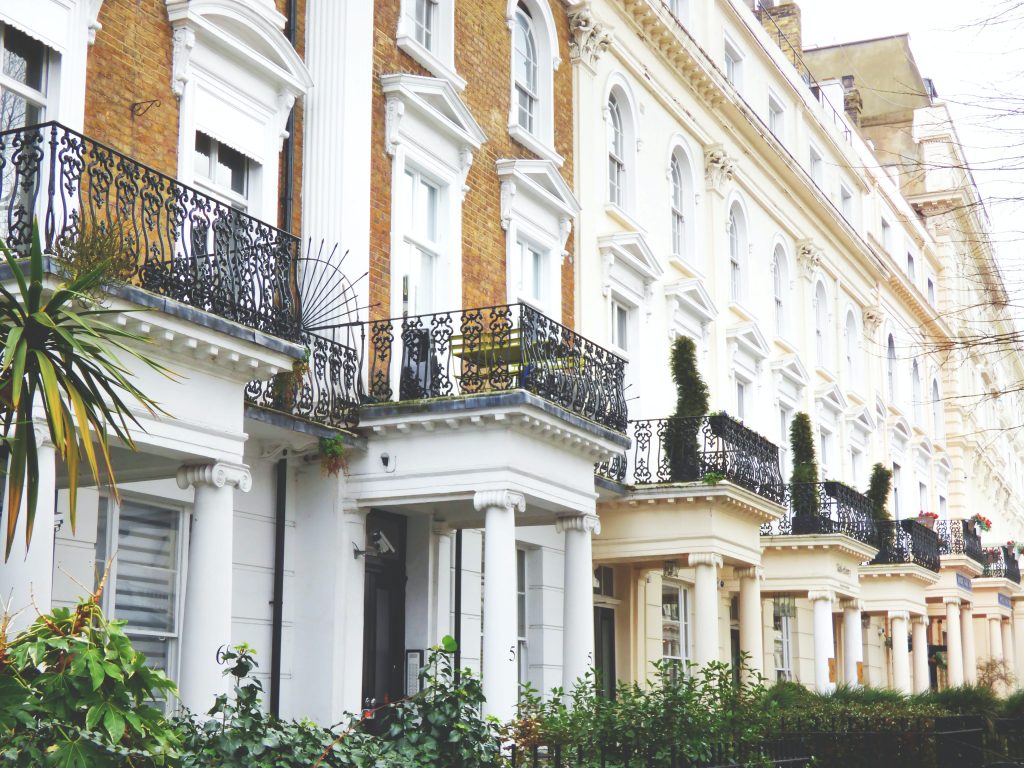Owning property is a great way to invest your money and give yourself the opportunity to earn extra income. However, it can come with a lot of complications and confusion especially when it comes to paying property tax.
It’s important for landlords to understand property tax, what they need to pay and when. In the beginning, it can seem very daunting especially for first-time landlords, however, there is a lot of information and advice out there to help you.
In simple terms, there are three stages of property tax when buying and owning property; tax when you buy a property, when you let out your property and when you sell it.
What taxes do I have to pay when I buy a property?
Stamp Duty.
In the UK, you must pay stamp duty (a small percentage of your property) if you buy a property over a certain price. The amount of stamp duty you pay is based on the value of the property, the location, and if you are purchasing a residential or non-residential property.
However, there can be a few exceptions and changes when paying stamp duty, therefore you should always seek professional advice to ensure you are paying the right amount of tax.
You must send a SDLT (stamp duty land tax) return to HMRC and pay within 14 days of completing your property purchase (In England and Northern Ireland and 30 days for LTT in Wales). You can file a tax return and pay yourself or your solicitor, agent or conveyancer can do this on your behalf.
The threshold for paying STLD varies for both residential and non-residential properties for each country in the UK.
For example, in England and Northern Ireland stamp duty is on residential properties worth £125,000 or more. Whereas in Wales (where it’s called land transaction tax) you would pay LTT on residential properties worth more than £250,000. In Scotland the minimum is £145,000 on non-residential properties. However, there are additional charges in Scotland such as additional dwelling supplement which is payable on properties worth more than £40,000.
If you’re first time buyer, the threshold for paying stamp duty is generally higher, therefore you might not end up paying any stamp duty at all.
What taxes do I have to pay when I let a property?
Income Tax
If you make money from letting a property; you may liable to pay tax.
If you make less than £1,000 a year from letting property, you don’t need to tell HMRC. However, if you earn more than £1,000 then you must make HMRC aware of your earnings. If you’re earning £2,500 or more (after allowable expenses) you will need to make a self-assessment tax return and pay income tax.
This must be sent off each year by the 31st October if you are submitting a paper form and 31st of January if you are submitting online.
The amount of income tax paid varies by income. In the UK, there is a personal allowance of £12,500, which you don’t pay tax on. Anything above that will be taxed 20% up to and including £50,000 and 40% on income over £50,000 (based on 2019/2020). Incomes over £150,000 have an additional rate of 45%. However, in Scotland the personal allowance is up to £14,585, the basic rate of tax is the same as the rest of the UK and the higher rate of 40% is on incomes over £43,430. The top rate of tax is an additional 46% for incomes over £150,000.
As a landlord, you are entitled to £1,000 tax-free property allowance. If you are a self-employed as a landlord (you don’t run a limited company), you’re entitled to a £1,000 tax-free trading allowance.
 What taxes do I have to pay when selling a property?
What taxes do I have to pay when selling a property?
Capital Gains Tax
You may be liable to pay capital gain tax when you sell a property that’s not your home. This could be a property that you’ve bought and renovated or a property you’ve let out. You may also be liable to pay capital gain tax on inherited property.
This is worked out based on the market value of the property. The annual exempt amount for individuals and personal representatives increased from £12,00 to £12,000 in April 2020. For trustees of settlements, the annual exempt amount is £6,150. However, any estate agent, solicitor fees or costs of renovation on the property will be deducted from this.
HMRC has an online tax calculator to help you work out how much capital gains you have to pay, if there is any. In the UK, capital gains tax must be paid within 30 days of the completed sale of the property.
If you have lived in your property at any time while owning it, you may qualify for private residence relief. This is a reduction on your capital gains tax, based on the number of years you lived in the property, along with the last nine months before you sold it.
For example: If you owned a property for 10 years, and lived there for two years, you’d receive private residence relief for those 2 years of living there plus the last 9 months of owning the property.
You may also be eligible for letting relief. However, this is only available for landlords who live in with their tenants.
Corporation Tax
Corporation tax is very similar to capital gains tax, the difference is whether you’re an individual taxpayer or a business. If you are a business (a limited company) you could be liable to pay corporation tax instead of capital gain tax.
You can register by filing a corporation tax return, this will allow you to pay corporation tax you owe or report than you don’t have any to pay.
If you’re a landlord who needs support with accounting and tax returns, please get in touch with Vicky today.


